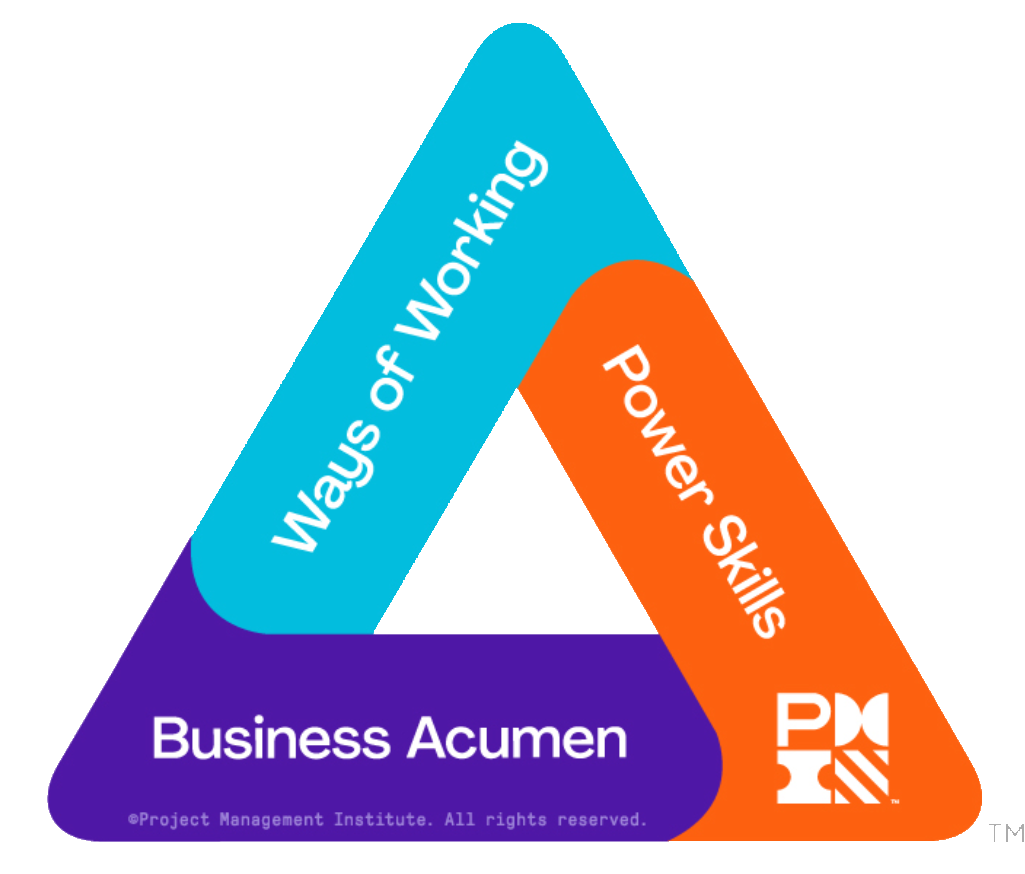
What distinguishes projects from business-as-usual operations is that projects introduce change; therefore, change is a fundamental goal of every project. Yet, many people resist change for various reasons. This resistance, if not accounted for in project delivery strategies, can lead to significant risks jeopardizing the attainment of project objectives.
Through a combination of lectures and individual and group activities based on real-world case studies, this course introduces project managers to the fundamentals of change management practice, helping them to understand the risks introduced by change resistance and how to reduce or eliminate those risks. By incorporating the techniques revealed in this course into their toolkits, project managers will be better able to deal with stakeholders, reduce project delays, increase efficiencies, and reduce the risk of not meeting a project’s business case objectives.
At the end of this course, participants will be able to:
This course is aimed at project managers and those assisting with developing project delivery strategies and preparing project plans including stakeholder engagement plans, project communication and risk management plans, project scope, estimates, and the project schedule.
While there is no formal prerequisite for this course, a basic understanding of project management is recommended.
Participants in this course will receive a workbook containing copies of the course materials including presentation slides, worksheets and case study materials.
Introduction
The PM's Role in Leading Change
Identifying Change-Related Risks
| Communications Strategies
Planning for Change
Wrap-Up
|
Course ID: TS5200H
Course Level: Beginner
Duration: 1 Day
Sessions not found.
 The following table provides the breakdown of the professional development units (PDUs) for this course aligned with the PMI Talent TriangleTM.
The following table provides the breakdown of the professional development units (PDUs) for this course aligned with the PMI Talent TriangleTM.
| WoW | PS | BA | |
| PMP | 0 | 6 | 1 |
| PgMP | 0 | 6 | 1 |
| PfMP | 0 | 6 | 1 |
| PMI-ACP | 0 | 6 | 1 |
| PMI-SP | 0 | 6 | 1 |
| PMI-RMP | 0 | 6 | 1 |
| PMI-PBA | 0 | 6 | 1 |
The three columns in the above table are Ways of Working, Power Skills & Business Acumen.
Other professional (re)certification credits are available, including: